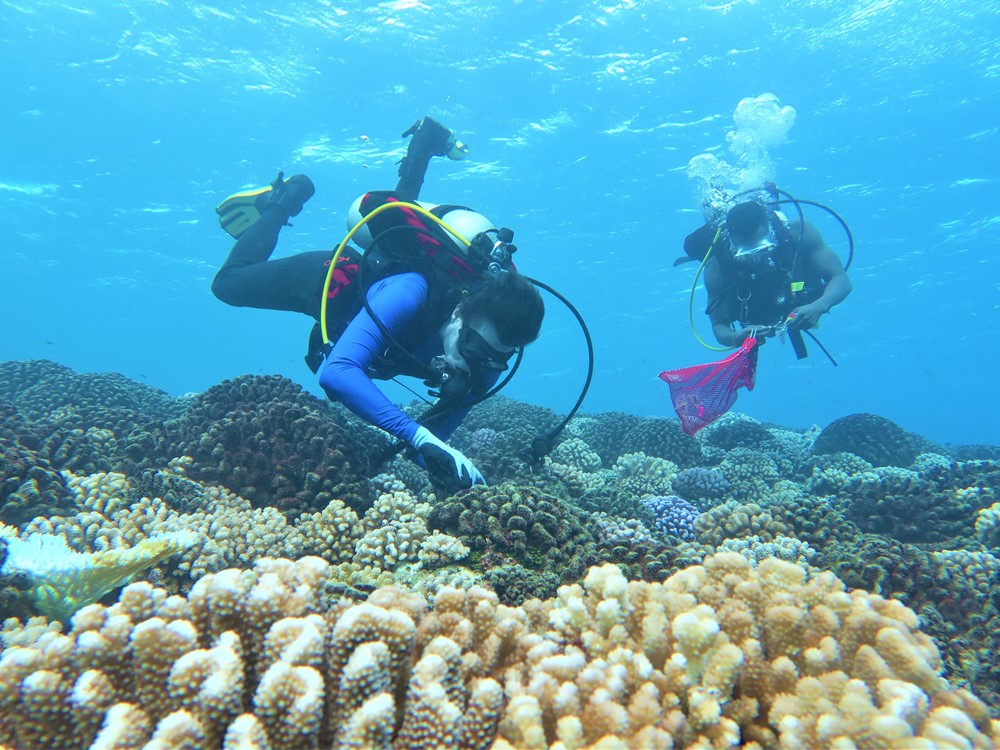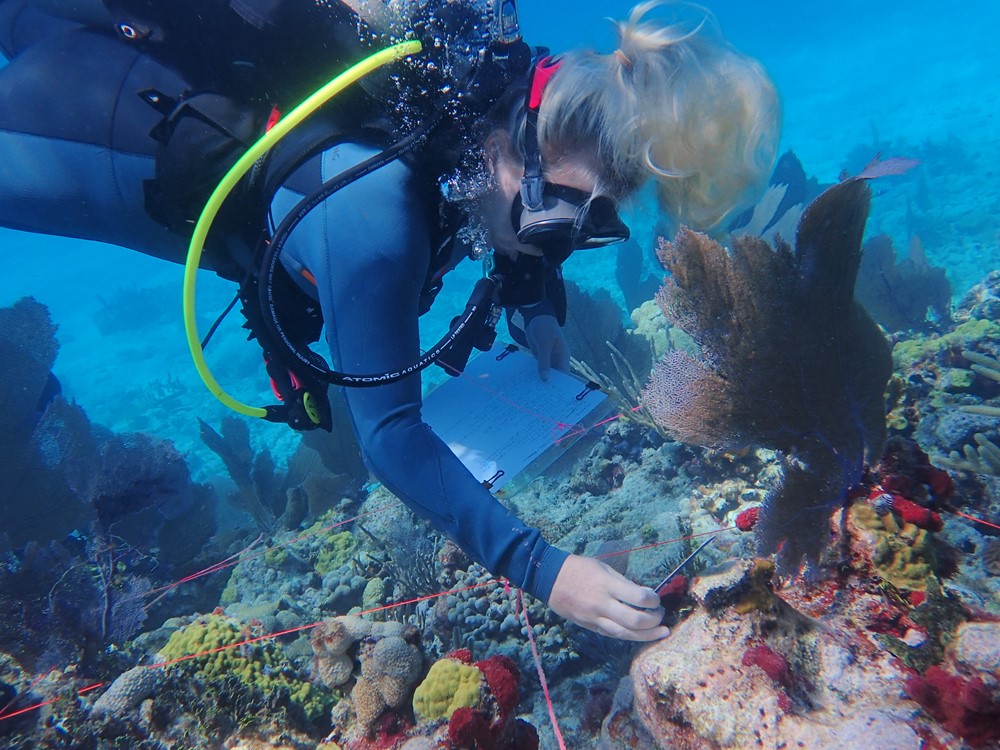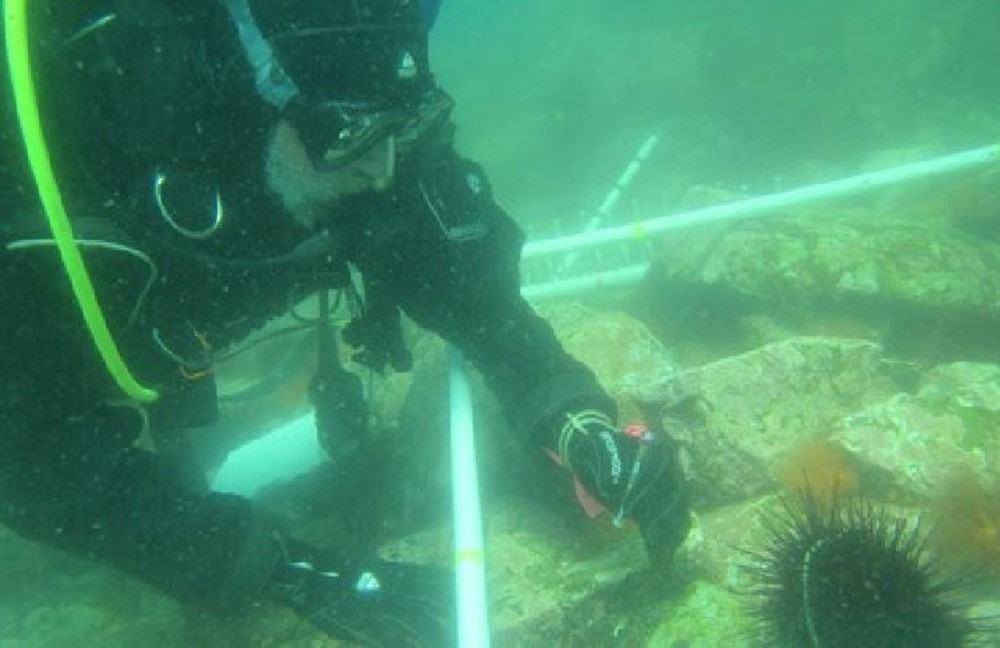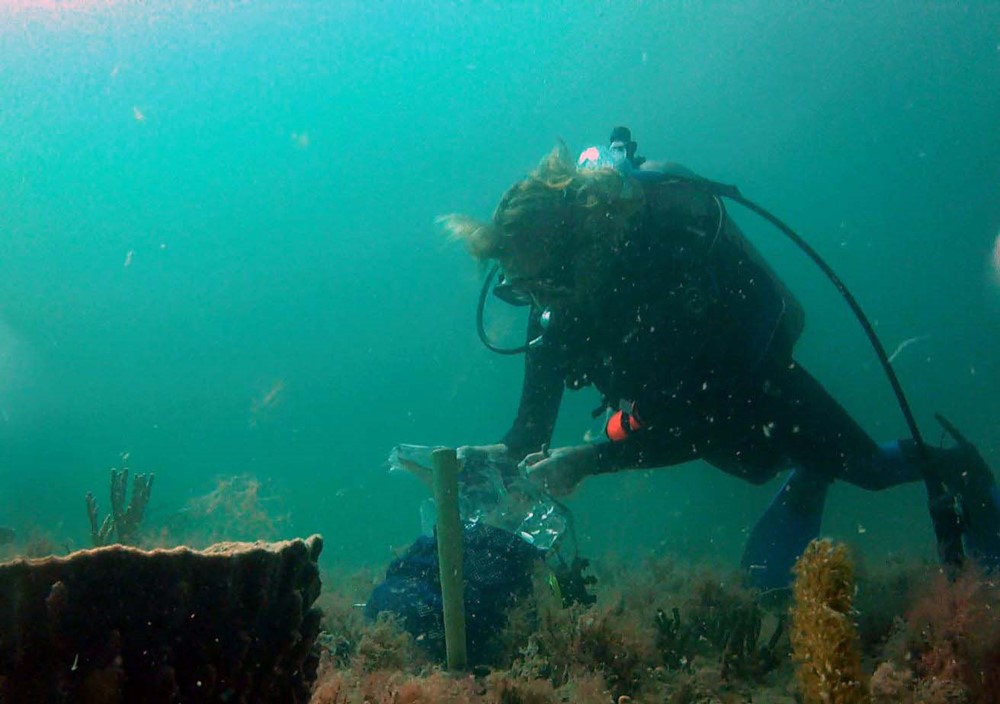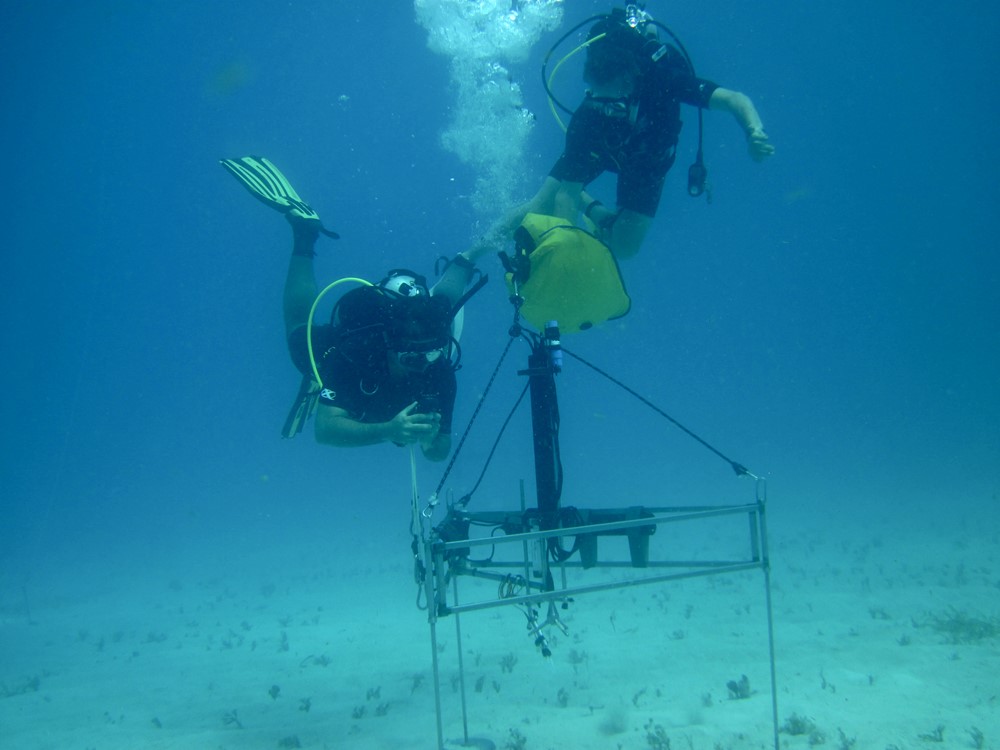Meet the Scientific Divers
The Scientific Divers at Florida State University conduct research from the blackwater rivers of northwest Florida to the coral reefs of French Polynesia. Let us introduce you to these incredible scientists and what makes Florida State University one of the top idea incubators in the nation.
Diving Program
Last Updated: Monday, March 17, 2025 at 10:52 AM





